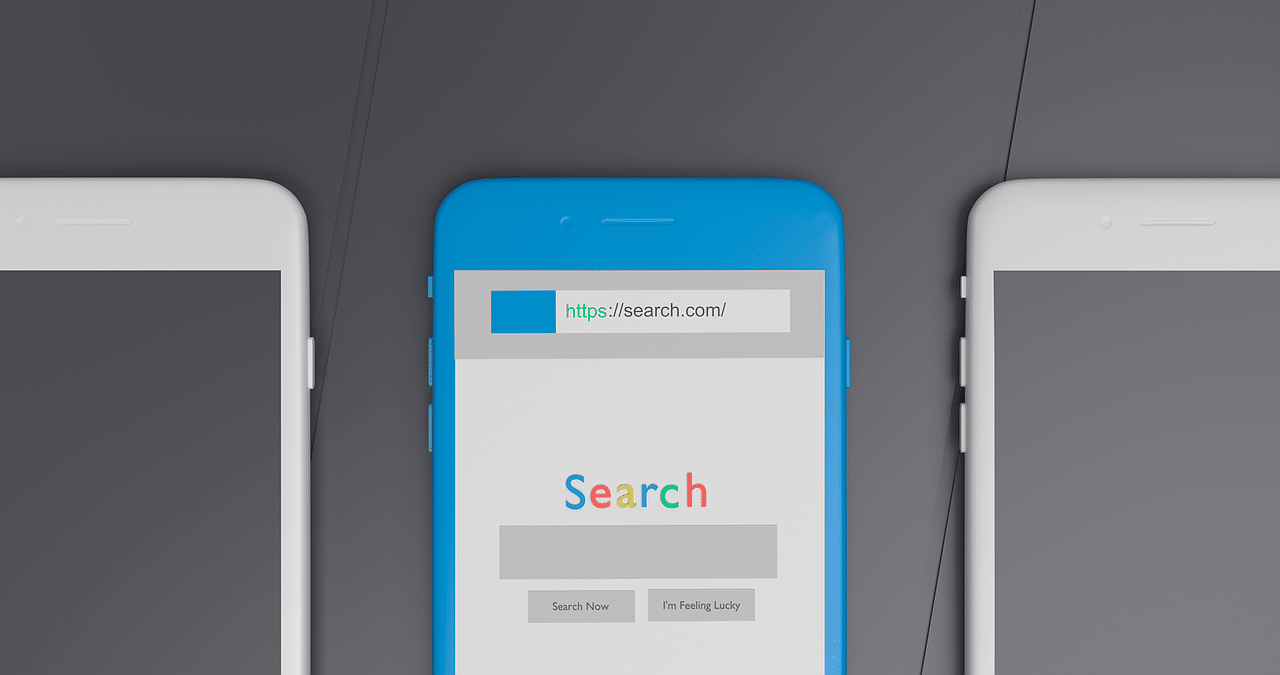Businesses that are looking to stay relevant need to constantly strive to optimize their digital presence. Your website’s speed and discoverability play a big role in online conversions, and every year brings new best practices and design trends for your brand to explore. In this post, we’ll take a look at some of the best ways to optimize your website so your business can build a better buzz, one visitor at a time.
IMAGE: PEXELS
How Important Is SEO?
It’s difficult to overstate the importance that SEO can play with modern brands. Indeed, a website’s SEO can make or break their discoverability overall, because 93% of website interactions originate from search results. SEO tactics are regularly refined and have evolved beyond mere keyword-stuffing. It can take significant investment and time (at least four to six months) to see your website’s SEO reach its full potential.
Speed Is King
There are several factors that go into website SEO, but website speed is among the most important. The current of attention flows for a shorter time than ever these days, and if your website lags for even a second, valuable conversions are being lost. While Internet users in 1999 may have had all the patients in the world, in 2019 you’re either instantaneous or you’re out.
If Google can’t open up your site in time, your rankings are going to take a hit. Be sure that your hosting is top-notch and use the latest web platforms to ensure your load times are lightning fast.
Let’s take a look at some of the other ways your SEO can see a boost:
Curate Quality Content
Google’s algorithms have wisened to the point where they can spot the difference between well-made, informative content and keyword-laden gobbledigook. Create content that is actually made for humans to read, not just for search engine crawlers. Your quality content can then be imbued with some best practices and keywords to ensure that it ranks well.
Tags And Titles
H1, H2, and H3 tags are used to signal to Google the importance of certain content. These “header” tags work like a pyramid — the H1 tag being the most important, followed by H2. By loading up these headers with your best keywords, you help Google properly rank your page. Avoid using keywords that don’t make sense grammatically, but don’t shy away from spicing up your headers with them.
Optimized HTML titles are also critical to your SEO. Title tags are unique descriptions of your web page which can be hidden from the reader. They are important whether or not they are visible to the end user. Think of your title tag as the most important piece of copy on your page, and treat it as such. Frontloading your keywords and mentioning your brand in an informative and catchy way is sure to give a boost to your site rankings.
Maintain Mobile-Readiness
Mobile is more important than ever, and a site that isn’t mobile-optimize is severely limited in terms of online conversion competitiveness. Mobile accounts for a growing majority of web traffic worldwide and Google has enacted recent changes that rank mobile-friendly sites higher. Be sure your site passes Google’s Mobile-Friendly Test, and optimize your layout for devices held in both portrait and landscape mode.
Spell Out A Voice Search Strategy
With the advent of smart devices surrounding us, more and more searches are happening via voice command. Amazon Echo and Google Home are among the many IoT-connected devices that are making voice optimization a critical element of any website. Making your site voice-search friendly often means cutting out industry-specific jargon and using more generalized terms on your site.
The phrase “near me” is becoming increasingly more powerful in terms of SEO discoverability. Throw in some site content that includes the “near me” phrase and you’re likely to drive more local searchers in your direction. In addition, include an FAQ section that spells out some of the most relevant verbal queries. If you’re lucky, you’ll be the first response that Siri pulls up when asked a question relating to your business.
The Importance Of Dwell Time
It’s not enough to drive visitors to your site — you have to keep them there as well. Google’s RankBrain algorithm uses a factor called “dwell time” to help determine the quality of a site. In essence, the longer a user spends on a website, the higher the ranking the site gets.
This means that if visitors are diving toward the back button as soon as they see your front page, RankBrain will notice this and adjust your ranking accordingly. If, on the other hand, your content is engaging enough to keep users around for a while, you’re likely to see a boost. What’s the sweet spot for dwell time? According to SearchMetrics, the average dwell time for a top 10 Google result is three minutes and ten seconds.
SEO Drives Conversions
What do all of these website factors mean for your business’ bottom line? It’s simple: The more visitors you have, the more conversions you earn. A surefire way to stay ahead of the latest SEO trends and ensure your rankings are as high as possible is to work with an SEO agency. They eat, sleep, and breathe SEO, so your brand can make the most of its digital footprint.
If you are interested in even more technology-related articles and information from us here at Bit Rebels, then we have a lot to choose from.


COMMENTS